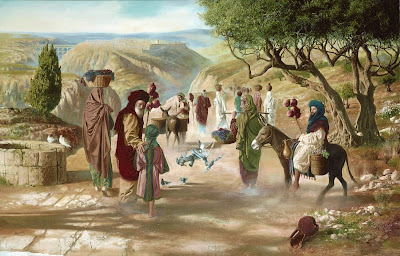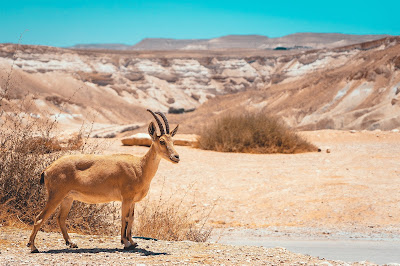By Rav Haggai Londin, yeshiva.co, translated by Hillel Fendel
The Divine Idea reaches full expression only in the form of national Jewish life in the Jewish land – and not simply via individuals, no matter how righteous they may be.
We know that the Book of Genesis (B'reshit) is followed by that of Exodus (Sh'mot) – and there is great significance to this order. B'reshit deals with individuals: Avraham, Yitzchak, Yaakov, Yosef, etc. – but Sh'mot deals with the beginning of the Jewish presence in history as a nation. As Rav Tzvi Yehuda HaCohen Kook wrote, "From the value of the individual [in B'reshit], we move on [in Sh'mot] to the value of the communal."







